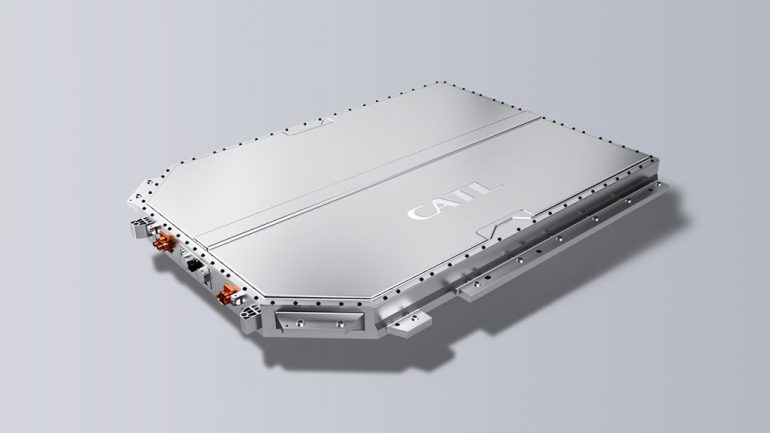
CATL, a leading Chinese battery manufacturer, has announced a significant breakthrough in improving the charging efficiency of electric vehicle (EV) batteries, particularly in extremely cold weather conditions. During a forum in Shanghai, Wu Kai, CATL’s chief scientist, revealed that the company has developed new electrolyte materials that can greatly enhance the performance of current lithium-ion battery designs.
Although Wu did not disclose specific details about the technological advancements behind CATL’s improved battery performance, he emphasized that the new electrolyte materials could lead to a 50% increase in charging efficiency at temperatures as low as minus 20 degrees Celsius, and a 43% increase in more normal temperatures. This development is crucial as winter weather poses challenges for EVs due to slowed reactions within the electrolyte solution, necessary for the charge transfer between the battery’s electrodes. In addition, cold conditions require the battery to expend extra energy on heating the vehicle, which further reduces its range.
Also, don’t forget that you can get discounted new car pricing with a free quote through qualified local dealer partners.
Furthermore, Wu stated that CATL plans to achieve mass production of a battery capable of delivering 400 kilometers of driving range with just a 10-minute charge by the end of this year. The company’s next target is to reduce the charge time to five to seven minutes while maintaining the same driving range. This ambitious goal demonstrates CATL’s commitment to advancing charging technology and addressing one of the main concerns surrounding EV adoption—long charging times.
While automakers and suppliers are also exploring the development of solid-state batteries, which promise higher power and increased driving range, Wu expressed skepticism about their readiness for mass production and the claimed cost reductions. He mentioned that no one in the industry is currently capable of mass-producing solid-state batteries and questioned the basis of the cost reduction claims made by some companies. Wu’s comments highlight the challenges and uncertainties associated with solid-state battery technology.
Source: Reuters